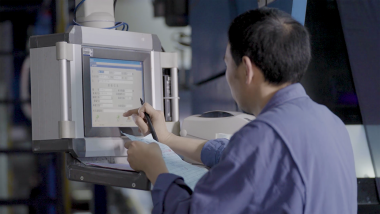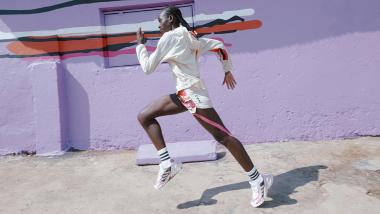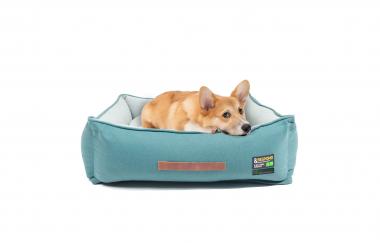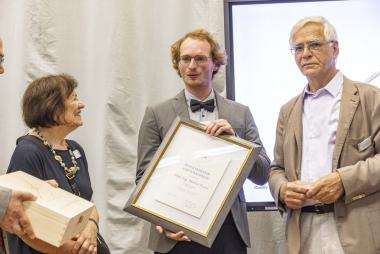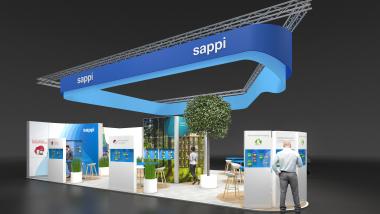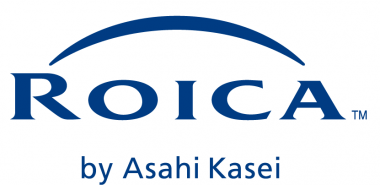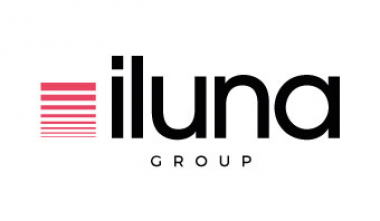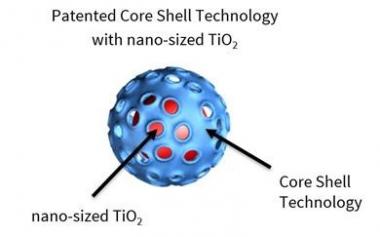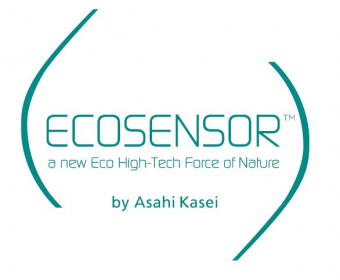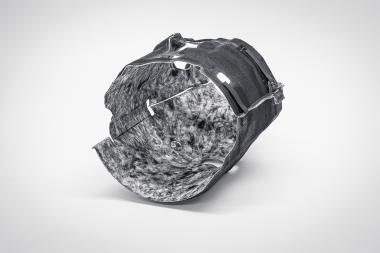GFA launches new international edition of Global Fashion Summit in Singapore
Global Fashion Agenda (GFA) has launched a new international edition of Global Fashion Summit. Traditionally held in Copenhagen, the new edition in Singapore will further focus on the perspectives of manufacturers and supply chain partners to deeper understand how the industry can collaborate to reduce social and environmental impact in the entire value chain. Global Fashion Summit: Singapore Edition will take place on 3 November 2022 at Hilton Singapore Orchard.
The theme of Global Fashion Summit: Singapore Edition continues GFA’s focus on ‘Alliances For a New Era’. Under this theme, the Summit will call on the industry to accelerate change - encouraging more alliances between manufacturers, suppliers, investors, brands, NGOs, policymakers and more. It will also examine cross-industry alliances, in a bid to accelerate the transition to a net positive reality.
By bringing the forum to Asia, the new edition will include even more manufacturer and supply chain partner voices in the programme to discuss sustainability challenges, differences, and opportunities to collaborate with brand executives on equal terms. Plenary sessions will consider topics such as:
- Renewable energy transformation – what does concrete transformation look like from tier 1-3 perspectives and what measures are needed to implement it?
- Better wage systems – how can the industry establish fair compensation, underpinned by fair purchasing practices that will help end poverty for millions of garment workers?
- Performance measurement – how can the industry accurately measure sustainability performance and tackle data credibility challenges?
Half of the programme will be dedicated to educational and action-oriented business case studies with options for direct interaction and live reactions. These will include tangible learnings and concrete recommendations to mobilise guests to take immediate action following the event.
The event will foster further collaboration across stakeholder groups through productive roundtable sessions that create an exchange of views among key decision makers in both the public and private sectors. These meetings will be designed and set up to drive commitments and new alliances for concrete action.
Global Fashion Agenda






